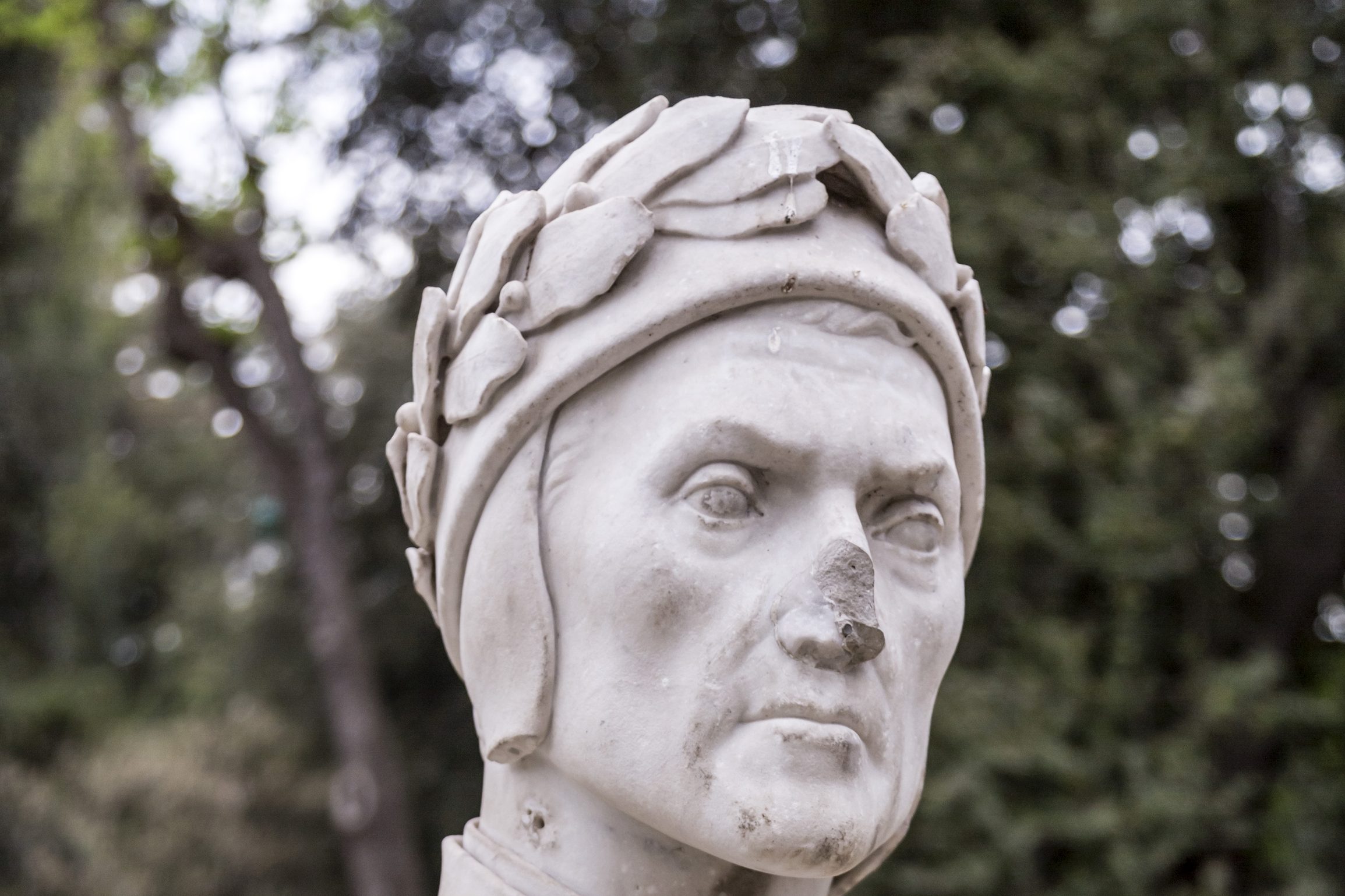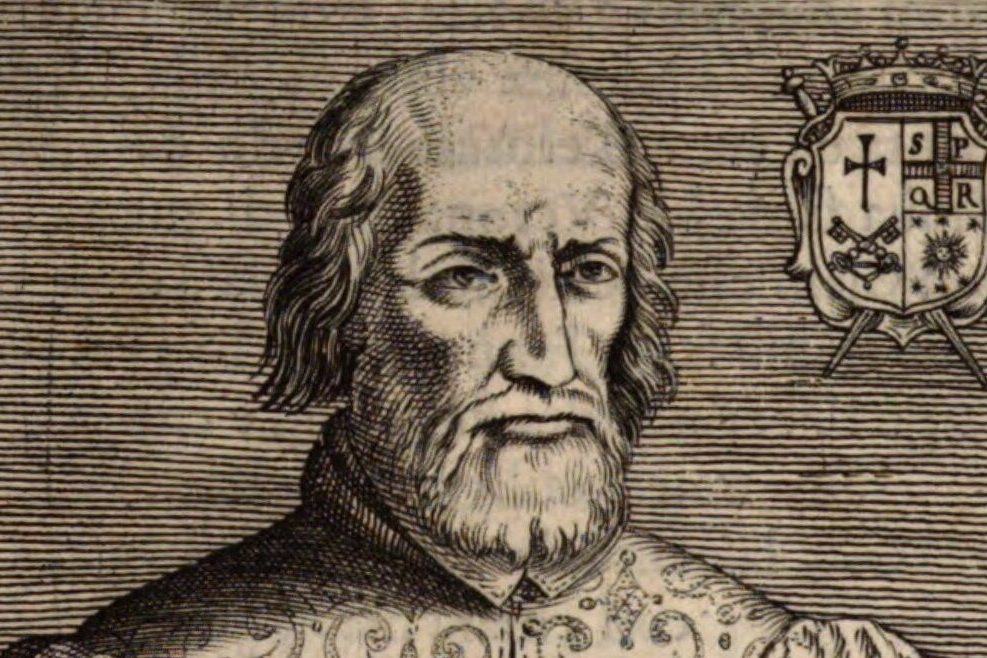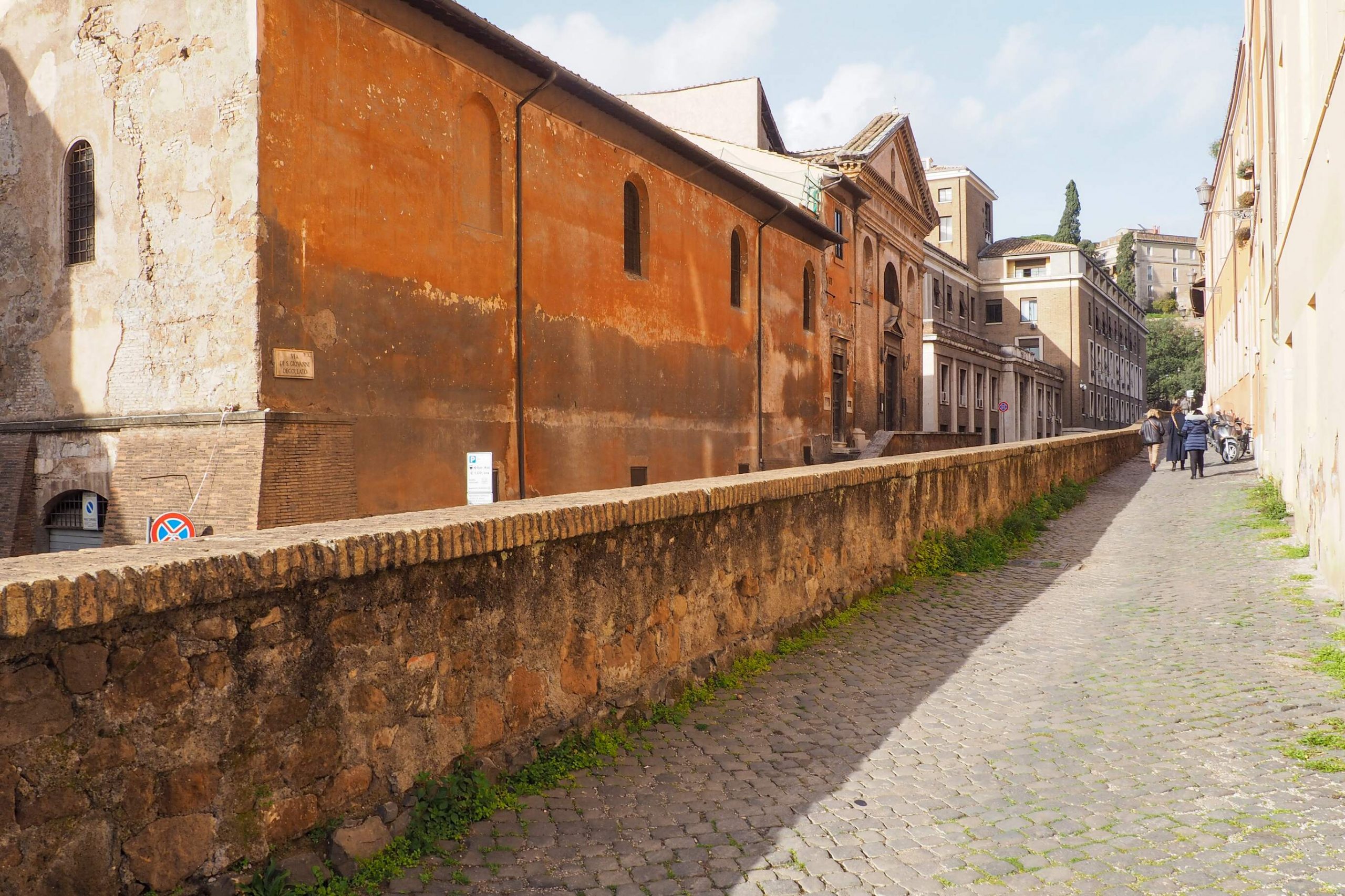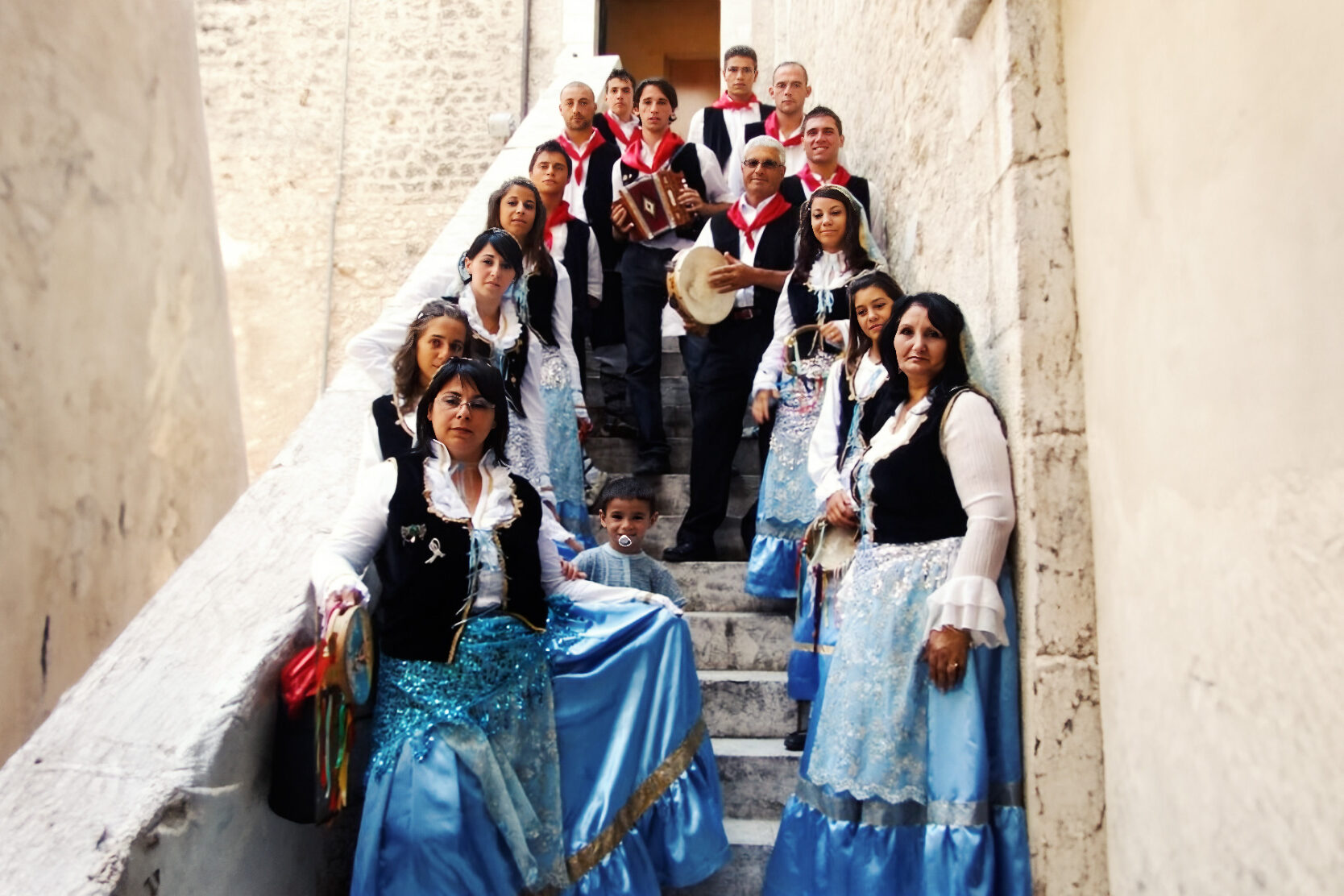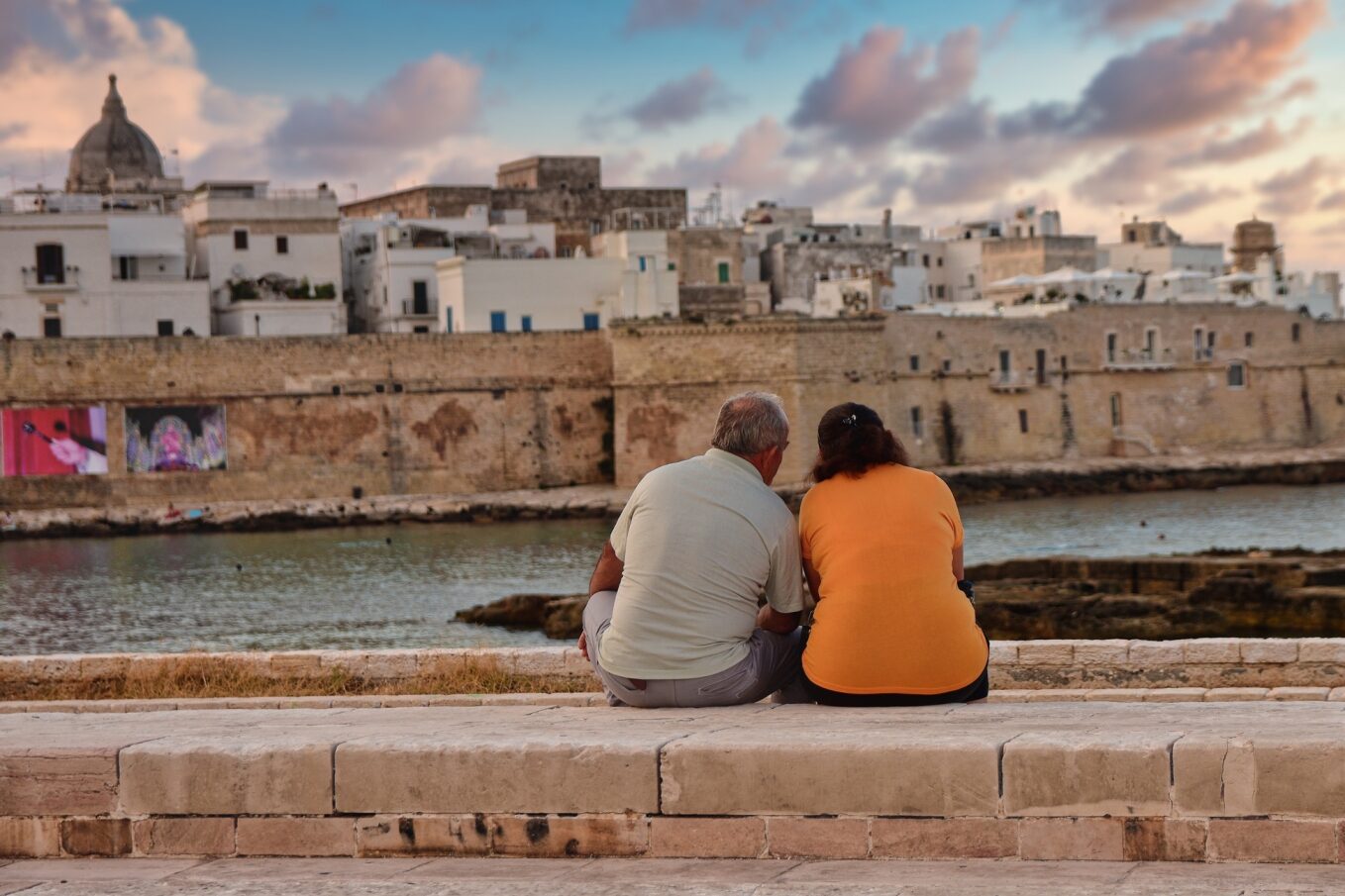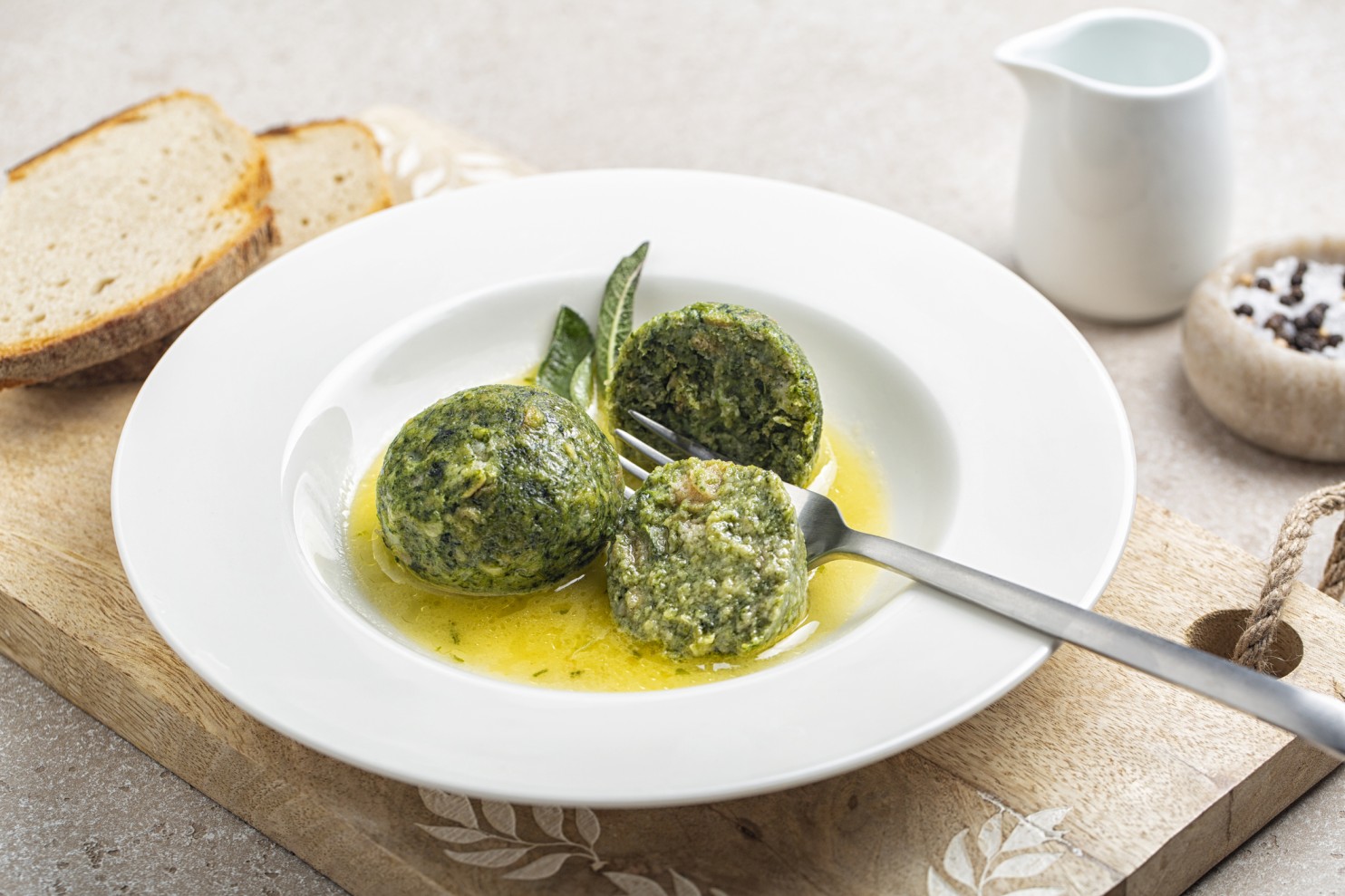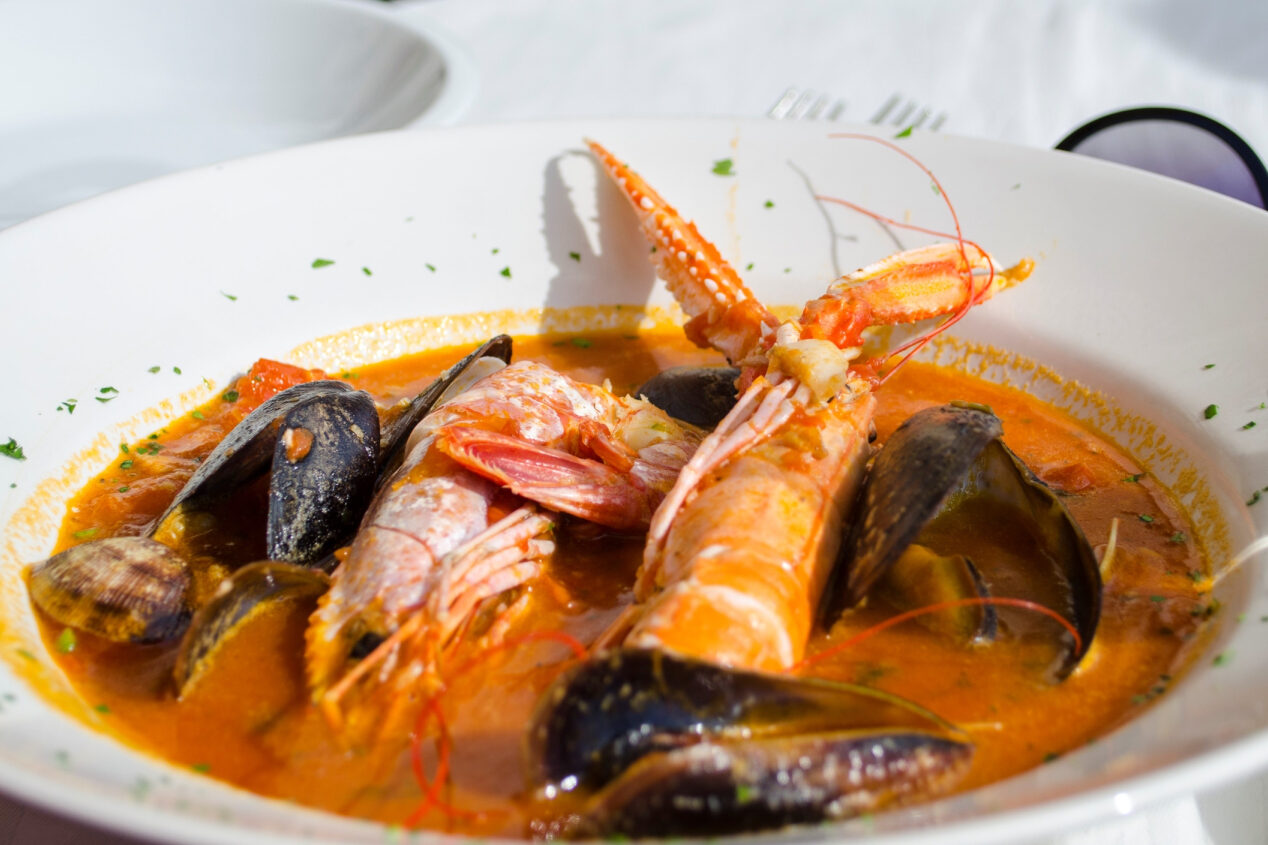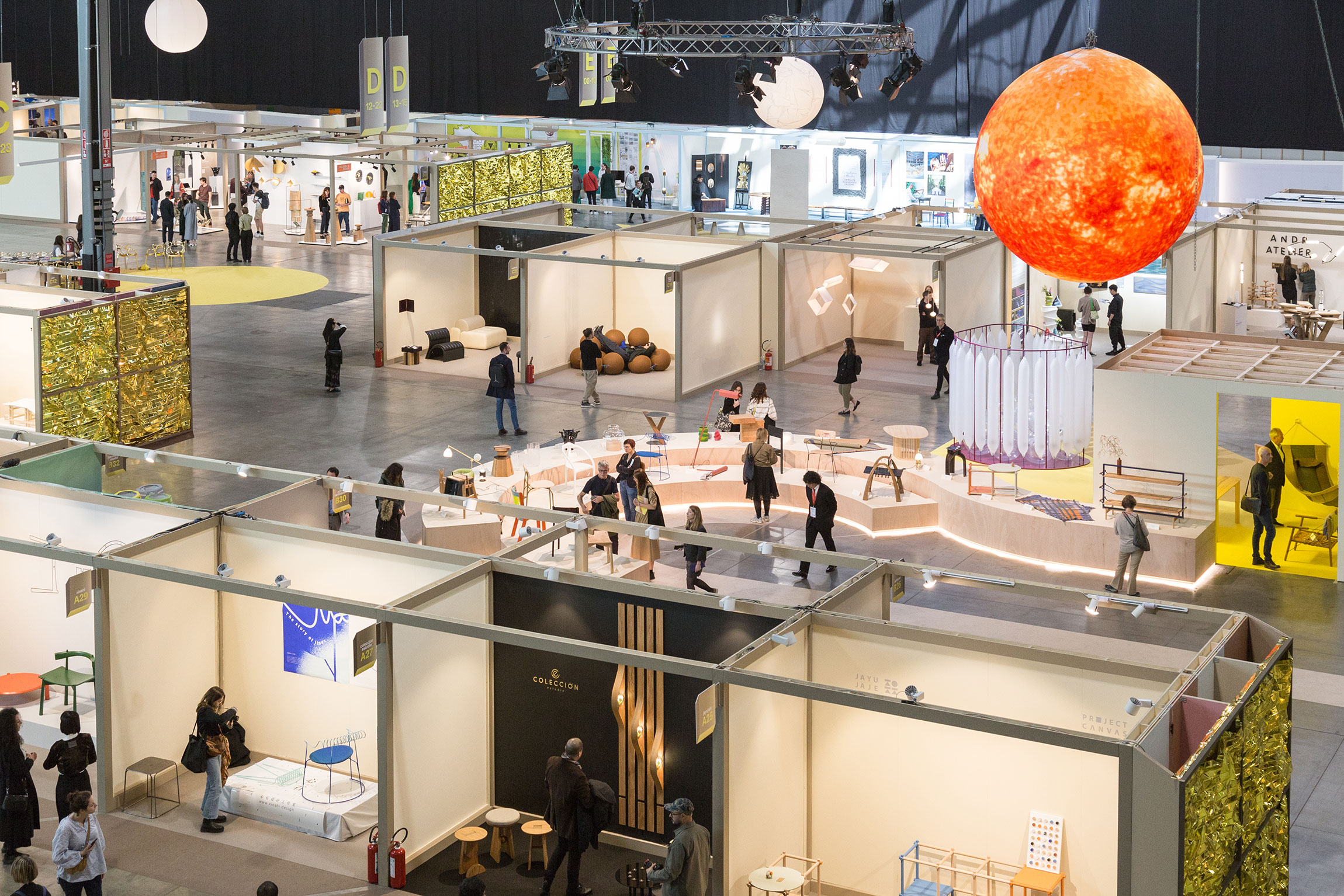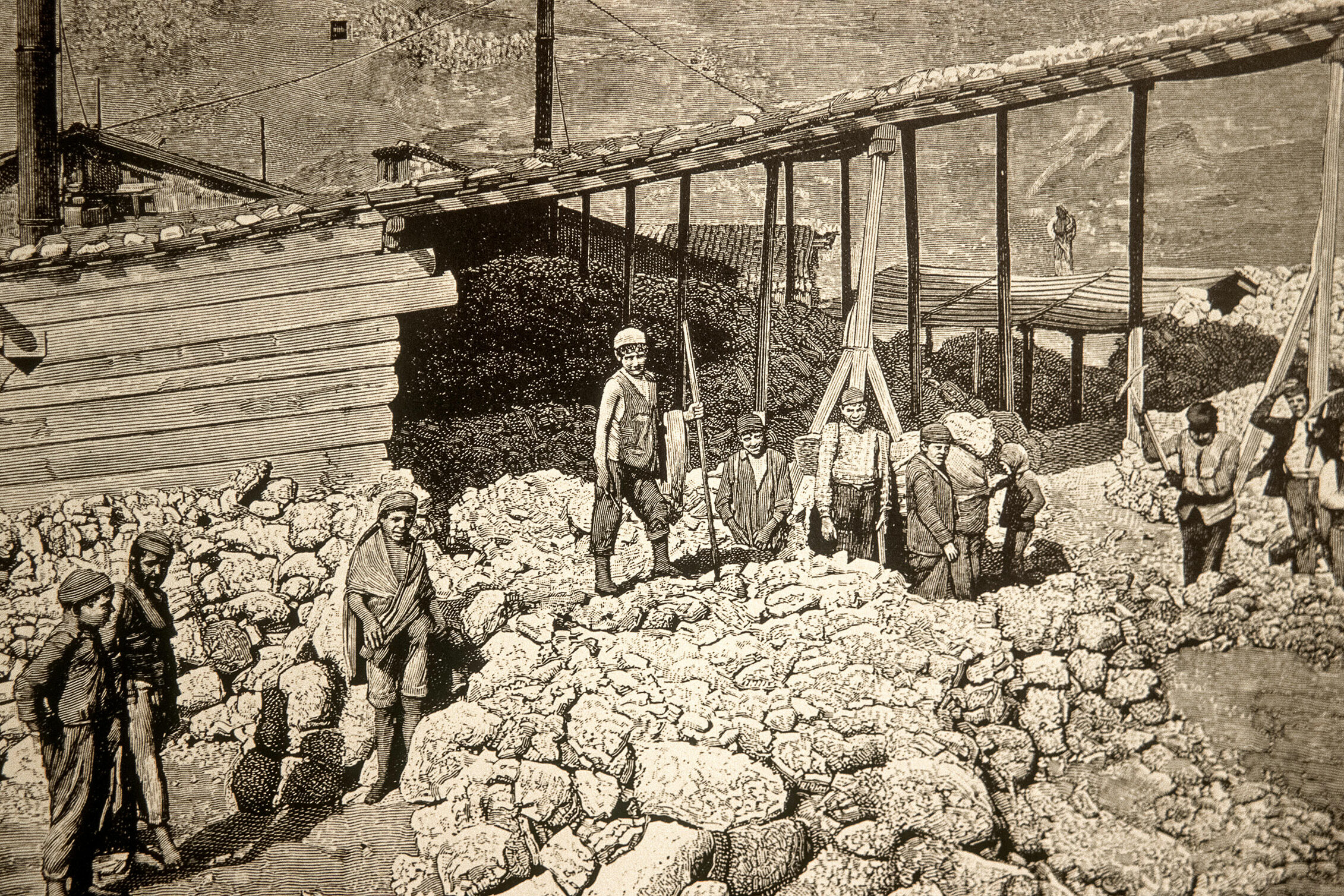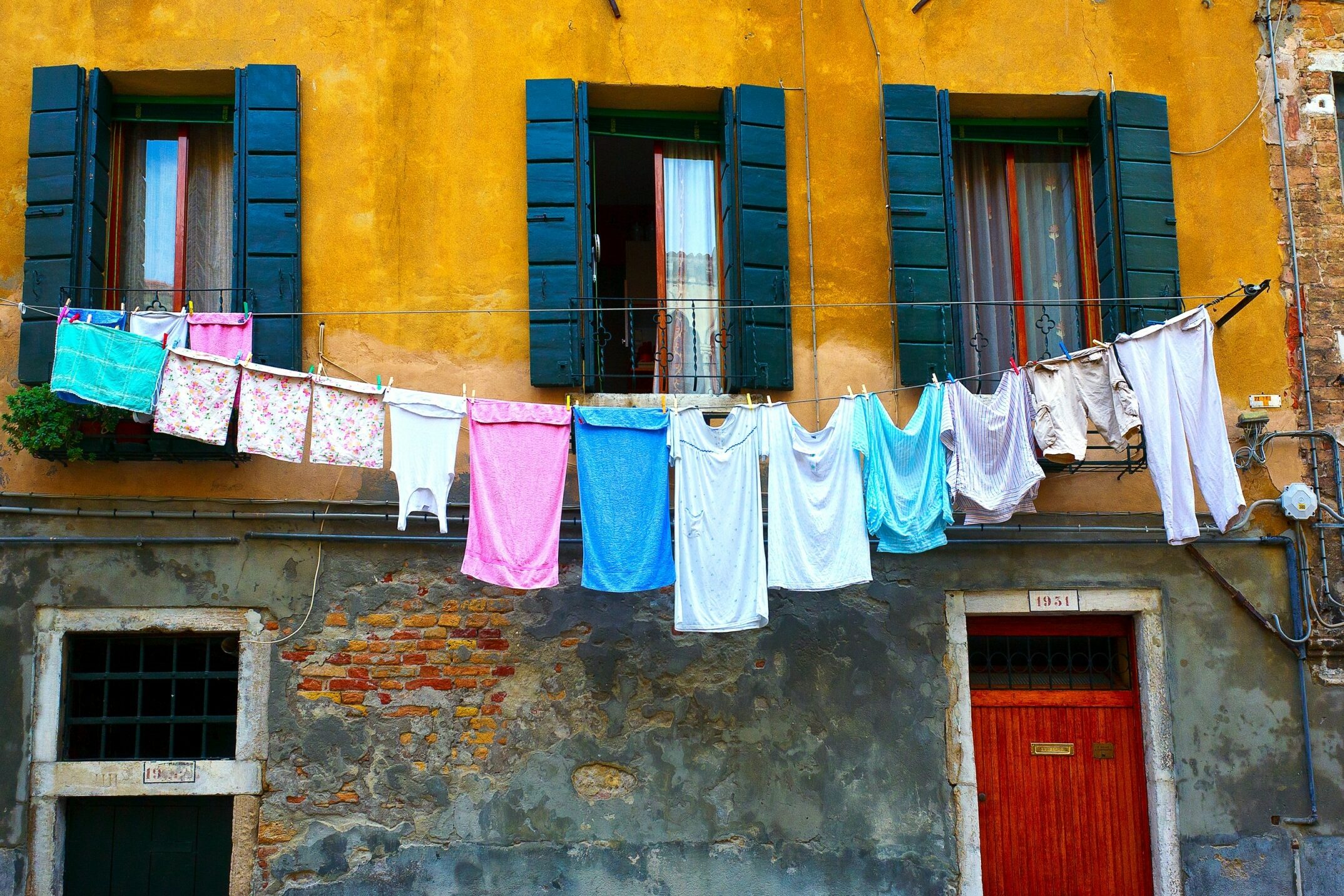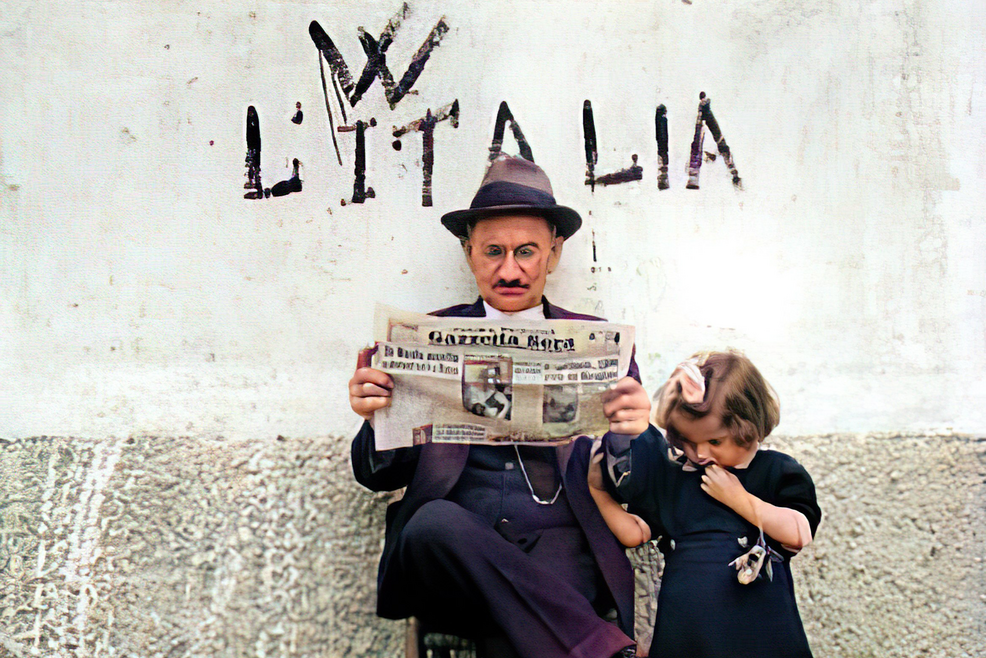October in Rome is its own season. During this fleeting Indian summer, morning mist begins to rise from the Tiber, moss traces veins in ancient marble, and the pines on the Janiculum become more fragrant.
But the most miraculous thing is the light. At noon, the sky is the color of blue Sambuca. As the shadows lengthen, it mellows and turns golden until it becomes fine Soave. By dusk, the Eternal City is awash in Vino Santo. Bathed in a mellow glow, the Coliseum seems less cruel, Palazzo Montecitorio less pompous, Piazza Guglielmo Marconi less creepy.
October also marks the local grape harvest. During the 18th century, Rome’s most joyful holiday was the Ottobrata, the festival of the wine press. Women trimmed their bonnets with feathers and flowers and wore costume jewelry, silk gowns, velvet jackets, and embroidered stockings. Men peacocked in plug hats, open-necked shirts, bandanas, and britches. The more prosperous rented pumpkin-shaped carriages, hired singers, dancers, musicians, and jugglers, and took their families on a scampagnata, a country outing.
The first stop was Monte Testaccio. Beneath this mound of ancient pottery shards was the city’s best wine cellar, flowing with Trebbiano, Cesanese, and Malvasia. Loaded with bottles, the revelers headed for the outskirts and suburbs: out to Ponte Milvio, Porta Pia, Porta San Giovanni, or Porta San Paolo; up to Monte Mario or Monteverde. The orchards and vineyards were perfect for setting up a bocce court and a swing set. The man played morra, the women mosca cieca, the children ruzzola. The winded revelers sat in the shade and feasted on gnocchi, capon, tripe, and abbacchio, milk-fed lamb. Then as the musicians strummed guitars, rattled tambourines, and clattered castanets, everyone danced the saltarello.
These pagan customs disappeared by the mid-19th century. Some blamed the bishops, who were scandalized by the festival’s excesses. Students hung hunchbacks by the waist from lampposts for selling unlucky lottery tickets, while drunken matrons awoke the next morning to find strange men in their beds. Others blamed the brokers, who built the new stock exchange in the Temple of Hadrian and minted gold coins that outshone the sun. Still others blamed Giuseppe Mazzini, who scolded Romans into abandoning frivolity and mounting the barricades.
Whatever the reason, the October sun shone on a different Italy. Rome was no longer a city of ruins, landscapes, and museums. Now the capital of a modern democracy, Rome was staid and Victorian. The heroic age was over. Nothing remained but a sonorous echo and stilted plaques. Giosuè Carducci, the bard of the Risorgimento, deplored the electric tram wires in the Corso, but on Sundays in the Pincio Gardens the bank clerk and his prim wife could push their baby carriage without a Gatling gun disrupting the brass band.
Gabriele D’Annunzio, then a curly-haired gossip columnist from Pescara, loved to ogle young married women as they took the mild October air. A perfumed satyr in a dove-grey frock coat, he stalked them from ten to four. Between their morning mass and their afternoon promenade, these bourgeois Junos—large-eyed, slow-paced, full-figured—would lunch at an osteria. Drunk from the October sun, they forgot all propriety. They devoured buttery cacio e pepe, osso buco smothered in onions, lemony carciofi alla giudìa, and honey-soaked figs, all washed down with three or four glasses of Frascati.
But la vita comoda came with a price. Behind these lazy scenes, Rome scrambled to raise its standard of living. Even the aristocracy caught the fever from England and America. They renounced centuries of arrogance, pomp, and solitude and professed the new faith of snobbery, etiquette, and commerce. Neglecting their traditional duties, they held fewer October concerts and tournaments at Villa Borghese. Instead, they lurked between the Borsa di Roma’s Corinthian columns and played at investment. Most ruined themselves.
October has never recovered. How can Romans enjoy its sights and sounds when they text from their Ipads and listen to their Ipods? At Ristorante Pasquino, fifty paces from where I stand, a business party passes around a truffle the size of a man’s fist. Nobody sniffs it. Nobody shuts his eyes in ecstasy as if savoring the scent of autumn. Without interrupting their conversation or making eye contact, they return the truffle to the waiter, who shaves slices onto their pasta. The waiter hovers, sighs, and shuffles away.
I feel as if I have witnessed a crime.
Pasquino’s secretary is Anthony Di Renzo, associate professor of writing at Ithaca College. You may reach him at direnzo@ithaca.edu.




